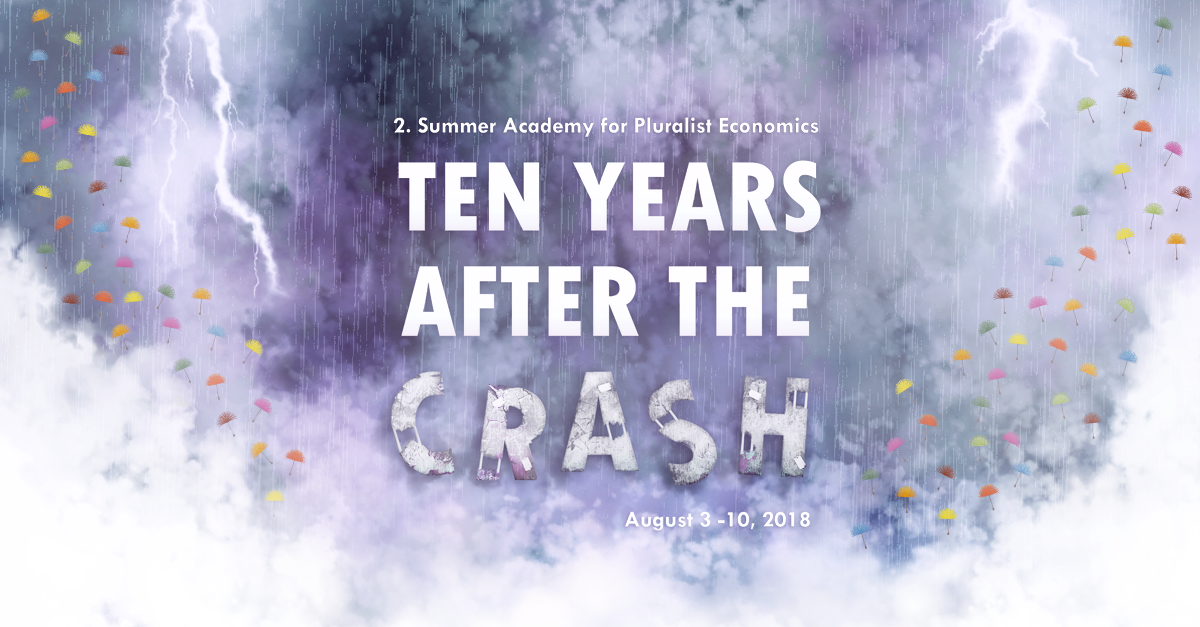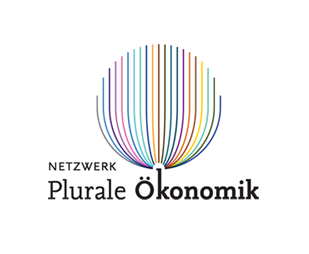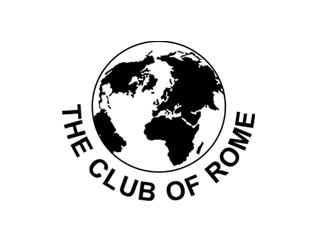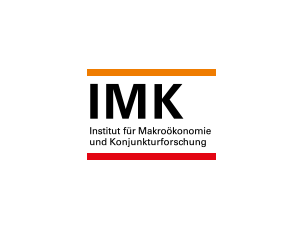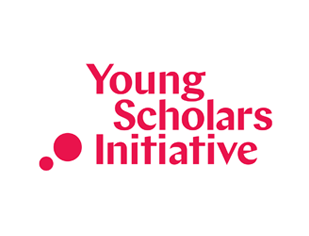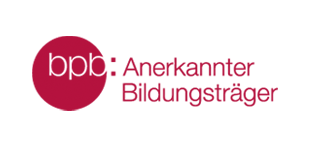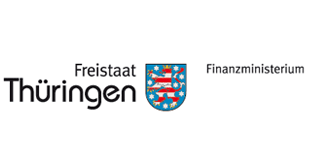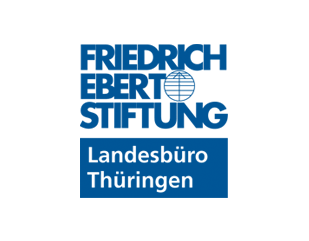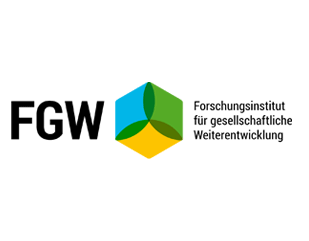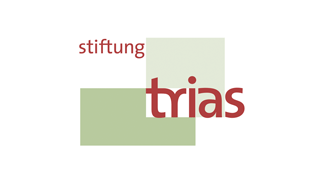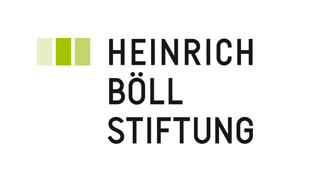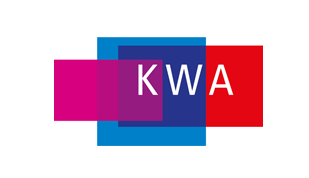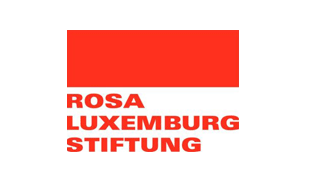Summer Academy for Pluralist Economics 2018: Workshops
General information
The workshops are at the heart of our summeracademy. Our aim is to provide you with an intense and in-depth learning experience, which is why you will participate in one workshop throughout the week. As you can see in the schedule, the programme consists of 16 workshop sessions (including interdisciplinary exchange and wrap-up), which amounts to a full semester course at university.
The workshops are designed in a way to provide an entry point into the respective strand of economic thought. Therefore, apart from a general interest in economics, no prior knowledge or training is required. So don‘t worry if you have never heared about complexity economics or institutional economics – all you need is the desire to engage with a specific school of thought.
Workshop 1: Complexity Economics
Claudius Gräbner (University Linz)
Torsten Heinrich (University of Oxford)
Language: English
This course will cover both theoretical and methodological concepts of complexity economics. We start by discussing the history of complexity economics and its roots in different disciplines. Then we explore its meta-theoretical foundations and the relation to the philosophical concept of systemism. We will introduce the participants to basic modelling approaches of complexity economics: game theory, evolutionary dynamics, nonlinear dynamical systems, and basic network theory. When discussing the empirical aspects of complexity economics, we focus on the importance of heavy-tailed distributions such as power laws and how to work with them. Each day we spend one slot for introducing the participants to the programming language Python and the basics of agent-based modelling.
Workshop 2: Feminist Economics
Lilly Schön (HTW Berlin)
Justina Lee
Language: English
This workshop investigates how a gender perspective changes our view on the dynamics of the crisis and its impacts. Phenoma such as unpaid care work, the gendered division of labour and power structures will be of central interest to us. First, an overview over the different tendencies of feminist economics shall be given and discussed with regards to the respective perspectives on the economic and financial crisis. Furthermore, this workshop will consider questions related to the crisis of reproduction, specific effects of austerity policies on women, including countries in the Global South as well as societal struggles surrounding the aforementioned phenomena.
Workshop 3: Development Economics
Collin Constantine (Kingston University/ INET)
Language: English
This workshop provides an introduction to the political economy of development in theoretical, historical and comparative perspective. Particular emphasis is placed on the empirical applications of divergent theoretical approaches with regard to economic growth, income distribution, globalisation and governance. The course draws primarily on scholarship from the fields of political economy, post-keynesian economics, classical development economics and history. At the end of this course students should have a command of the diverse theoretical frameworks to understand and engage with contemporary debates on governance reform, the nexus between growth and distribution, industrial policy and globalisation. The workshop tackles a number of key questions: What are the historical origins of the unequal geographies of wealth we observe today? What role has the West played in both success and failure? What is the role of the state in economic development? How do geography, institutions and production structures matter for economic change?
Workshop 4: Degrowth / Ecological Economics
Corinna Dengler (Vechta University)
Birte Strunk (ZOE. Institute for future-fit economies)
Language: English
This workshop offers a systematic overview of the Degrowth Movement, as well as its position within ecological economics. We will start by discussing the necessity of a socio-ecological transformation and the critique of green growth as solution to current challenges. Subsequently, we will deal with various theoretical-conceptual bases for a socio-ecological transformation towards a post-growth society. During the last part of this workshop, we will engage with a range of topics that are discussed controversially within in the Degrowth Movement, such as Degrowth and the state, feminist perspectives on Degrowth, as well as alliances between Degrowth and Environmental Justice Movements in the Global South.
Workshop 5: Institutional Economics
Stephan Panther (Cusanus University, Bernkastel-Kues)
Language: English
The Term Institutional Economics is ambiguous. New Institutional Economics, belonging to the economic mainstream acquired considerable reputation, especially between the 1990's and 2000 as part of the Institutional Turns in all social sciences. At the same time, the Original or Critical Institutionalism in economics, follwing the tradition of Thorsten Veblen experienced a certain revival as well. Geoffrey Hodgson's work is most prominently connected with this revival. Key Concepts are habit, change and evolution.
The focus of this workshop will be on the Critical Institutionalism without forgetting about its mainstream variant. The workshop takes advantage of the opportunity to explore multiple approaches in the (new) economic sociology such as Bourdieu's Habitus, Field Theory and Economics of Conventions. Moreover, it will be explored how these approaches may serve as a foundation for a normatively rich theory of economics apt to promote changes in the current institutional setup.
Workshop 6: Inequality Economics
Sebastian Gechert (Macroeconomic Policy Institute (IMK))
Jan Behringer (Macroeconomic Policy Institute (IMK))
Language: German
The workshop aims to create a common understanding of the distribution of income and wealth in Europe and globally, including basic concepts of measurement and data sources. Participants will learn about historical and recent trends in inequality, their causes and policy implications. The workshop also covers links between distribution and macroeconomic developments.
Workshop 7: Political Economy
Anil Shah (University of Kassel, PowerShift)
Jannis Eicker (University of Kassel)
Language: English
With the advent of the financial crisis in 2007, the general public seems to have rediscovered the work of Karl Marx. But what exactly did Marx say about financial crises? Which role do financial markets play in capitalism? Why are recurrent crises inevitable? And how does the current International Political Economy interpret present crises with reference to Marx ? The workshop engages with these questions and by doing so introduces students to Critical Political Economy.
Workshop 8: Diverse Economies & Post-Growth - an entrepreneurial perspective
Jana Gebauer (Die Wirtschaft der Anderen and fellow at the Institute for Ecological Economy Research (IÖW))
Simon Walch (University of Kassel)
Language: German
In this workshop, we will critically interrogate the dominant perception of “the company” as being large, expansive, profit-driven, and rivaling by disclosing the plurality of economic actors and activities and rethinking the way we conceptualise business. For this, we will dive into the current wave of growth critique in the context of social, ecological, and economic crises and engage with theoretical and practical approaches to socio-ecological transformation.
Importantantly, our workshop will focus on the role of business both as an agent and an object of socio-ecological transformation. We will thus position, discuss, and compare more alternative entrepreneurial actors (such as post-growth-oriented, common good, and transition enterprises, cooperatives, social and sustainable entrepreneurs, and solidarity economy initiatives) that are rather small, non- and slow-growing, purpose-driven, and collaborative. Also, we will raise the question whether and how these approaches could be integrated into a broader business ecosystem and which systemic factors (legislation, taxation, business education, etc.) could spur or inhibit this transformation.
Workshop 9: Discourses on Trade in the History of Economic Thought
Gonçalo Fonseca (Institute for New Economic Thinking)
Language: English
Economic nationalism has returned. International trade is once again under suspicion in the public square. The case for free trade is one of the oldest in economics, but skepticism has never quite gone away.
In this workshop, we will look at trade theory from a historical perspective. We shall examine the evolution of ideas about trade, as well as how changing economic circumstances informed their development, and how these ideas translated into policy. We shall cover trade from its earliest reaches, its passage via the Mercantilist era, through Liberal and Nationalist interpretations in the 19th Century, into 20th Century models of trade and development.
As it turns out, the cases for and against trade are subtle. In this course we shall examine what economists have had to say about the gains from trade, the costs of trade, institutions and policies and the link between trade and long-run growth and development. Prior familiarity with trade theory is not a prerequisite, and shall be built up as we go.

